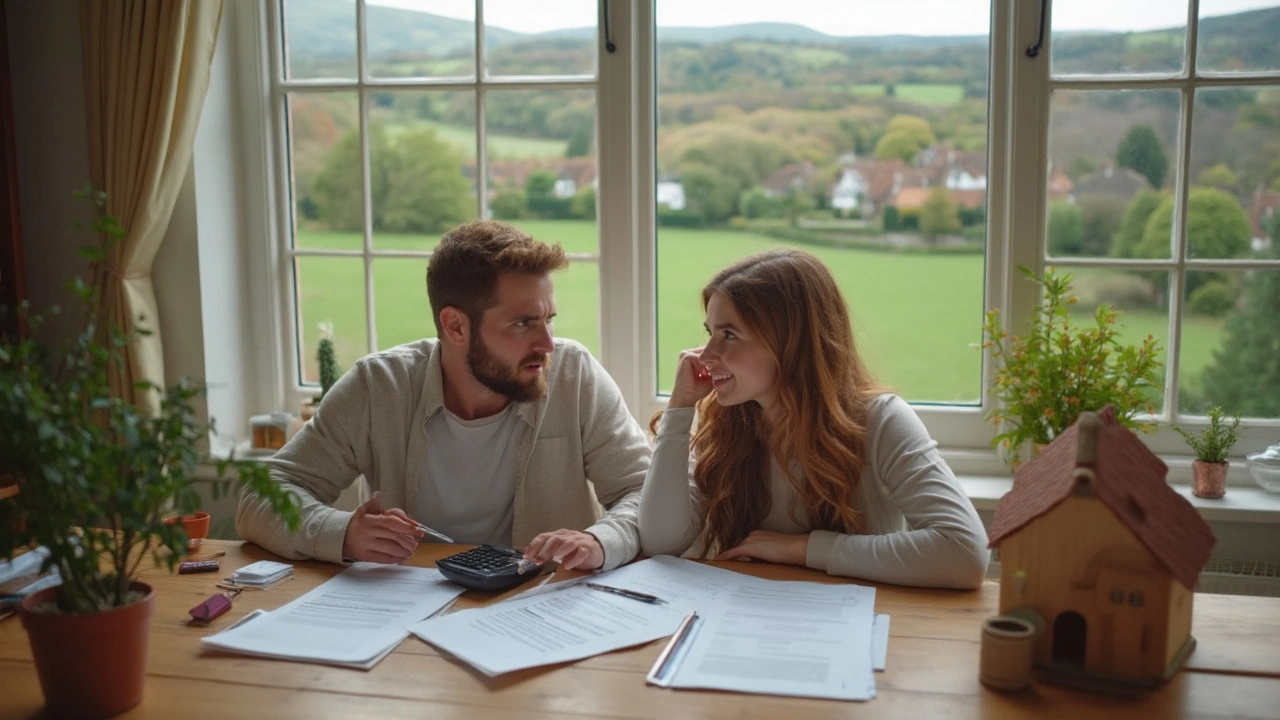$150 Money Hacks: Stretch Your Budget Further
Got $150 in your pocket and wonder what to do with it? You don’t need a huge windfall to feel more secure. With a few simple moves you can cover a month’s groceries, pay down a small debt, or even start a tiny investment. Below are clear steps you can take right now.
Everyday Spending Hacks
First, look at where you spend the most. A quick scan of your last few receipts usually shows cash‑only purchases like coffee, snacks, or last‑minute online deals. Cutting one $5 coffee a day saves $150 in a month. If you love a lunchtime takeaway, try a homemade version twice a week – the savings add up fast.
Next, use cash‑envelope budgeting for the $150. Put the cash in a small envelope and only spend what’s inside. The physical limit forces you to think before you buy. When the envelope is empty, you stop – no excuses, no overdraft fees.
Take advantage of free entertainment. Public parks, community events, and library programs cost nothing and can replace costly outings. Swap a Netflix night for a game night with friends – you keep the fun, lose the subscription fee.
Smart Ways to Grow $150
If you’re comfortable with a little risk, consider a high‑interest savings account. Some online banks offer 4% APY on balances under $1,000. Parking $150 there earns you $6 in a year – modest, but it’s a habit that scales.
Micro‑investing apps let you buy fractional shares for as little as $1. With $150 you could own a piece of a blue‑chip stock or a diversified ETF. The key is to start now, not to time the market perfectly. Even a small portfolio can grow through compounding.
Pay down a high‑interest credit‑card balance. If your card charges 18% APR, a $150 payment saves you roughly $27 a year in interest. That’s a guaranteed return, and the balance drops faster.
Another option is a short‑term certificate of deposit (CD). Some banks lock in rates of 3% for six months. You lock the $150 away, and when the term ends you have $152.50 – a tiny boost with zero risk.
Finally, think about skill upgrades. $150 can cover an online course on budgeting, freelance writing, or basic coding. Those skills can translate into extra income later, turning a small expense into a larger payoff.
To sum it up, treat $150 as a test budget. Trim daily waste, protect the cash with an envelope, and look for low‑risk ways to earn a little more. The habits you build with $150 will stick when bigger sums come your way.
Start today: grab that $150, split it into three piles – one for essentials, one for savings/investment, and one for fun. Watch how far the simple system can stretch your money and your confidence.

Understanding Monthly Payments on a $150,000 Mortgage
Getting a $150,000 mortgage can be a big decision, and understanding your monthly payments is crucial. We'll break down how these payments are calculated and what factors, like interest rates and loan terms, influence them. Explore how much you'll pay each month and learn some useful tips for potentially lowering your costs. Whether you're a first-time homebuyer or considering remortgaging, this article offers valuable insights. Dive in to demystify your mortgage payments.





